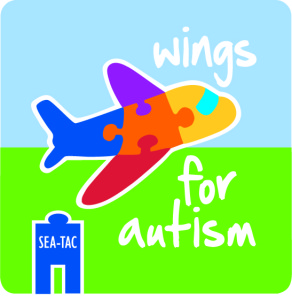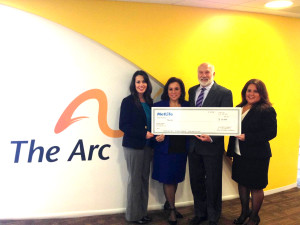Seizure Treatment for Individuals With I/DD
It’s not shocking news to hear that individuals with disabilities have more health issues than the general population. Unfortunately, individuals with intellectual disabilities also have an increased risk of developing epilepsy. According to the Epilepsy Foundation Metropolitan New York, about 30% of children with epilepsy have another developmental disability, and the risk of children with developmental disabilities below the age of 5 years old having a seizure is 4 times higher than other children at that age. As adults, 10-20% of individuals with intellectual and developmental disabilities (I/DD) also have epilepsy and for those individuals with and I/DD and cerebral palsy it increases to 50%. The reasoning behind this is uncertain, but it could be a because of the underlying neurodevelopmental condition that is already in existence.
There are many different treatments available to help control or reduce seizure activity within the body. The majority of people with epilepsy take daily medications to try to control activity. For individuals with disabilities it’s just one more mediation to be added with more adverse side effects and behavioral changes. The side effects of these medications can also be difficult to determine with non-verbal patients. Behaviors and mood changes might be mistakenly linked to the disability instead of the seizure mediation or they can go unnoticed by staff/caregivers.
Other forms of therapy are the vagus nerve stimulation and a Ketogenic diet. The Ketogenic diet is a medically prescribed strict diet individuals can go on that is high in fat and low in carbohydrates and proteins. It is not completely certain how and if this diet will work (can vary by person), but it creates a metabolic change that can alter brain chemistry and limit frequency of seizures. The stricter you follow this diet the more effective it is said to be. This diet can be a struggle for individuals with I/DD that may already have other food issues present – strong dislike of smells, tastes, etc. The vagus nerve stimulator (VNS) is a small device implanted into the shoulder area that sends electrical impulses up the vagus nerve in the neck to stimulate the brain at set intervals. These impulses help to regulate the electrical activity in the brain that causes seizures. The VNS can also be paired with a magnetic device that can turn it on when an individual feels a seizure coming by holding it up to the chest area where the VNS is implanted.
The best way to try to control seizures is to be aware of all the facts surrounding them – times of day they occur, how long they last, frequency per day, possible triggers (missed medication, overtired, dehydrated, alcohol use) and any feelings/effects afterwards. The more information you can present to your physician the better they will be able to understand the big picture of what’s happening and provide better care for the individual. Websites such as, SeizureTracker.com help to record all this information in one secure place, so you can easily document the most detailed information possible. Learn more about SeizureTracker.com through our webinar with the site’s co-founder, Rob Moss.










